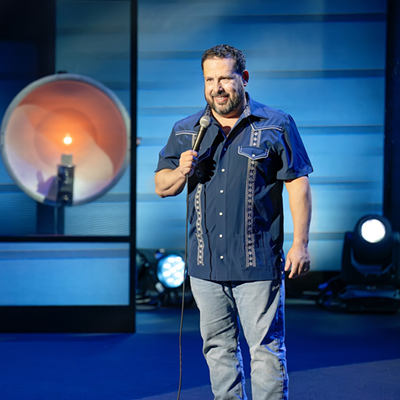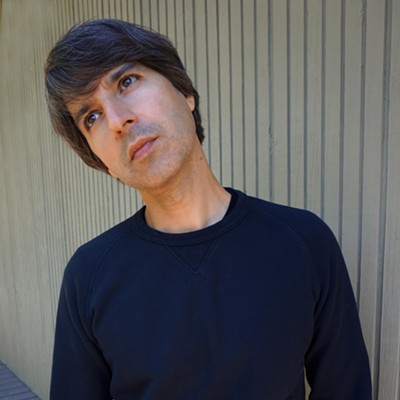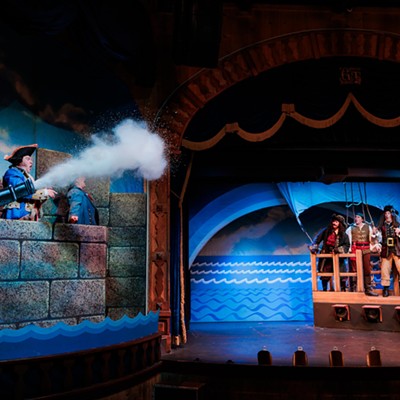The guitar-picking master is known for his fusion of folk and blues sounds. He'll be performing at Old Town Artisans, 201 N. Court Ave., at 7:30 p.m., Saturday, Nov. 17, as part of the Rhythm and Roots Concert Series.
"He came up in the '60s as part of the folk revival," said concert promoter Jonathan Holden. "These then-20-something-year-old kids literally learned at the feet of seminal bluesmen."
Born Nov. 11, 1944, in Miami, Smither and his family moved a couple of times before settling in New Orleans, where music made by porch-sitting bluesmen wafted down from the Appalachian Mountains, instilling a legacy of the blues in the city--and an itch in Smither to create it.
In 1960, Smither and a couple of his friends won a "battle of the bands" contest; two years later, as an anthropology student at the University of the Americas in Mexico City, Smither heard blues legend Lightnin' Hopkins' "Blues in My Bottle" for the first time. Soon after, at Tulane University, where his father was a professor, he heard the music of Mississippi John Hurt. Those two artists became Smither's inspiration, their semblance still audible in his music.
Smither always performs solo. He brings along his own board to stomp on in case the venue has a carpeted stage, "For that extra level of percussion," said Michaela O'Brien, Smither's publicist. (Smither himself was unavailable to speak to the Weekly.)
After a year in Paris, Smither made his way to Cambridge, Mass., in 1965, where folk music reigned. There, he began writing and performing his own songs, creating a style which merged the worlds of folk and blues music. He wrote Bonnie Raitt's hit "Love You Like a Man" in 1969 and released his first album, I'm a Stranger, Too, a year later.
Smither became a regular in the New England folk clubs and released his second album, Don't It Drag On, in 1972. Soon after, Smither's presence in the music scene withered as he battled personal demons.
"Everybody has good patches and bad patches," Smither said in his biography. "I was basically drunk for 12 years, and somehow I managed to climb out of it; I don't know why."
In 1984, Smither re-emerged with It Ain't Easy, and he's been performing live ever since, stomping his thin-soled Italian shoes to create catchy beats.
His 2006 release, Leave the Light On, offers intricate, folksy guitar picking punctuated by Smither's absorbing words and affecting voice, which hold the listener in a mysterious grip, a characteristic of the music he grew up with.
The blues--so dubbed after feelings of depression or sadness called "the blue devils"--were born in the old Southern slave fields, where shouts and hollers transformed into sobering songs of personal woes, and then moved onto sunken front porches where graying men with banjos and willing feet added rhythm and rhyme.
Hopkins and Hurt were pioneers in the popularization of this unique musical style. They were instrumental in Smither's development, and today, Smither is instrumental to young musicians, for he represents one of very few musicians playing a dying breed of simple but soulful music.
Smither has penned many songs over the years. In addition to writing for Raitt, who once called him "my Eric Clapton," his tune "Slow Surprise" was recorded by Emmylou Harris for The Horse Whisperer soundtrack. He has been nominated as an Outstanding Folk Act at this year's Boston Music Awards, slated for Dec. 1.
"Smither is now the older statesman," Holden said. He believes that Smither's music is now finer than ever before, "like violins and wine."
Tickets are $25 at the door; $22 in advance online at rhythmandroots.org, and at Antigone Books, CD City, Enchanted Earthworks and Plaza Liquors. For more information, call 440-4455.







